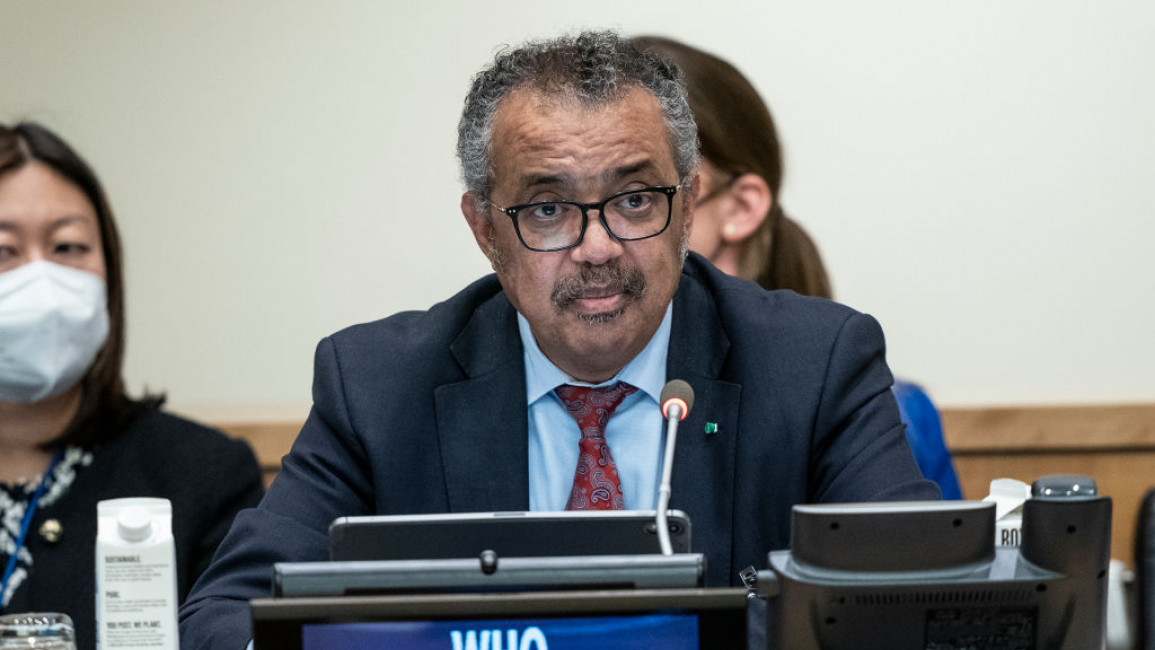Vaccine trials on Sudan Ebola strain driving outbreak in Uganda to start in weeks: WHO chief
World Health Organization head Tedros Adhanom Ghebreyesus said on Wednesday a clinical trial of vaccines that could potentially combat the Sudan strain of Ebola driving an outbreak in Uganda could start within weeks.
The East African country declared an outbreak of Ebola on 20 September and said infections were being caused by the Sudan strain.
Uganda's health ministry has confirmed a total of 54 Ebola cases and 19 deaths.
There have been worries the spread of infection in the country could be difficult to control because currently there is no vaccine for the strain.
For now, the infections are concentrated in a cluster of five districts in central Uganda.
In a virtual address to a meeting of Africa regional health officials in Uganda's capital Kampala, Tedros said several vaccines are currently being developed that could deal with the Sudan strain.
Two of those vaccines "could be put in clinical trial in Uganda in the coming weeks pending regulatory and other approvals from the Ugandan government," he said.
"Our primary focus now is to rapidly control and contain this outbreak to protect neighbouring districts as well as neighbouring countries."
Tedros did not give details of the vaccines due for trial including their names or which firms developed them.
Ebola, a hemorrhagic fever, mainly spreads through contact with the bodily fluids of an infected person.
Symptoms of the viral disease include intense weakness, muscle pain, headaches and a sore throat, vomiting, diarrhoea and rashes among others.
Although it has no vaccine, WHO has previously said the Sudan strain is less transmissible and has shown a lower fatality rate in previous outbreaks than Ebola Zaire.
(Reuters)

![Members of the Algerian delegation threw roses into the Seine [Getty]](/sites/default/files/styles/image_330x185/public/2024-07/GettyImages-2162980872.jpg?h=199d8c1f&itok=h_3o_TOL)

![The Libyans were arrested at a farm in Mpumalanga province east of Johannesburg [Getty]](/sites/default/files/styles/image_212x120/public/2024-07/GettyImages-2162903568.jpg?h=199d8c1f&itok=cKaLfJxw)